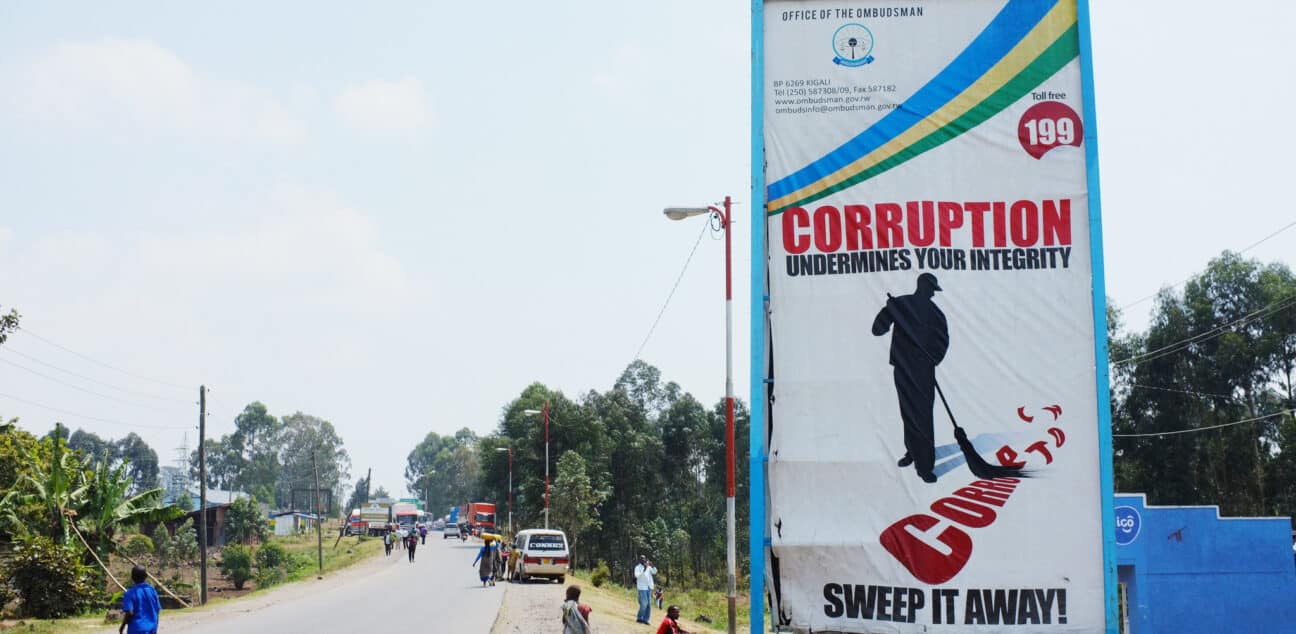Anti-bribery guidelines
Type
PDFBribery and corruption are found in all countries.
They hurt the poor disproportionately, diverting resources intended for development and humanitarian assistance and increasing the costs of basic public services. They undermine economic growth and are a barrier to poverty alleviation and good governance. Often, bribery and corruption can aggravate conflict and insecurity.
NGOs need to act, and be seen to act, in a way that is honest and transparent. Many NGOs are also actively working to reduce bribery, so it is important that they lead by example. NGOs must be clear that they will not tolerate bribery and corruption. The UK Bribery Act has reinforced the need for NGOs to have in place effective measures for preventing bribery. Failure to do so increases the risk of prosecution under the Act. It is important, therefore, that NGOs have in place robust anti-bribery policies.
Bond’s anti-corruption working group developed this set of anti-bribery principles and guidance for countering bribery. The guidance provides NGOs with simple, clear and practical ways to put effective anti-bribery measures in place, and helps them to ensure that they are complying with legal requirements, including the UK Bribery Act.
There is a risk that corruption will prevent NGOs achieving their objectives, especially when they are working in countries where there are high levels of corruption. Suggestions that an NGO is linked to bribery in any way can be damaging to its reputation and undermine the trust and support of beneficiaries, partners, the wider public and donors. Public concern about the impact of bribery and corruption is a critical issue in building broad public support for aid and development.
NGOs need to act, and be seen to act, in a way that is honest and transparent. Many NGOs are also actively working to reduce bribery, so it is important that they lead by example. NGOs must be clear that they will not tolerate bribery and corruption. The UK Bribery Act has reinforced the need for NGOs to have effective measures in place for preventing bribery. Failure to do so increases the risk of prosecution under the act. It is important, therefore, that NGOs have robust anti-bribery policies.

